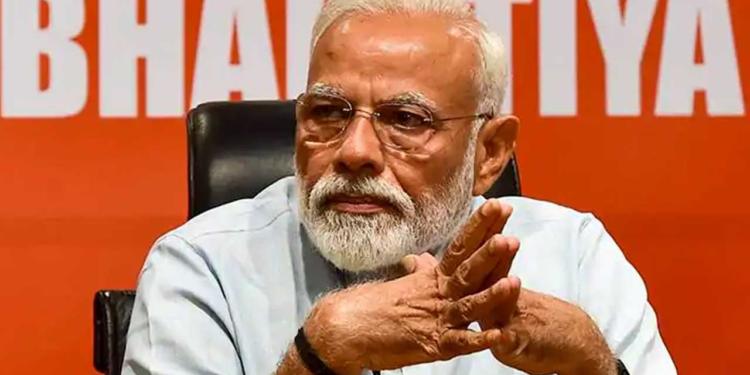In the first term of the Modi government, one of the most invisible ministries was the Human Resource Department. Although, the ministry received negative coverage by the left-liberal media and academia- first over the educational qualification of Smriti Irani to lead such a department which needs intellectual rigor and later over saffronisation of syllabus under Prakash Javdekar. The ministry did some excellent work like the initiation of SWAYAM or (Study Webs of Active–Learning for Young Aspiring Minds) programme through which more than 1 crore students from Class 9 till post-graduation benefitted. The government also tried to ‘liberalize’ higher education from the clutches of government control through more autonomy.
However, the left-liberal media did not appreciate these achievements and continued negative coverage of the HRD ministry. In the second term, the HRD ministry is expected to be very active and deliver on the foundations it has built over the last five years. It has set nine priorities for higher education which is expected to be implemented in the first 100 days of the second term.
The first step of the HRD ministry will be to submit a New Education Policy (NEP) which took the entire first Modi term and could not be finalized. The two committees appointed by the ministry took more than four years and Modi government severe public criticism for not being able to finalize the policy and vision document. However, now the ministry will present the document for public feedback on June 1 and the cabinet note will be finalized in July. The NEP will present the five-year action plan of the government in the field of education. Under the NEP, as indicated earlier through small changes in NCERT books, the syllabus will be revised. It is very likely that Marxist, Socialist, and secular biases will be removed from the books.
Recently, the National Council of Educational Research Training (NCERT) planned to review the National Curriculum Framework (NCF). According to sources, the process to review the National Curriculum Framework (NCF), last published around 14 years ago in 2005 will start soon. The preliminary work has already begun and committee to undertake the task will also begin shortly.
Hrushikesh Senapaty, director of NCERT said,“Society needs a change and our focus will, therefore, be on experiential learning. This will further take forward the shift of focus of 15 years ago from teachers to the students to promote learning without a burden and to change the tendency to learning by rote,”
“The work we have done on rationalisation of textbooks will form the basis of the review of the 2005 NCF,” said Senapaty. In 2018 as part of their efforts towards rationalization of textbooks NCERT had received thousands of suggestions from various stakeholders.
The priority of the new government is to bring 10 new Institutions of Eminence (IoE) in addition to the existing strength of 20. The 30 IoEs are expected to work to break in 100 top institutions of global rankings.
The ministry is also expected to push for new regulatory body named Higher Education Commission of India to replace the lethargic and control freak University Grants Commission (UGC) by next academic year. The government made the attempt for the same in last year which met with stiff resistance by the left-liberal academic establishment which controlled UGC for decades and played an important role in the deterioration of education in the country.
The previous committees set up by government like Yash Pal Committee and TSR Subramanian Committee had clearly outlined that existing regulatory authorities failed completely in the task of regulation. Subramanian Committee which filed its report in 2017 had suggested the creation of a single body for all regulatory functions.
The other plans of the ministry include building on a new Accreditation System. Except for NAAC, the government accreditation agency, the private agencies will be also able to rate the educational institutions. An umbrella body will be set up to subsume all the Science and Engineering research institutions and funding will be done through National Research Fund Act.
The regulation of higher education in India has long been inefficient as there are too many regulatory authorities to regulate higher education. The control freak nature of Nehruvian academic policy rotted the academia in the country for decades and billions of dollars were wasted on it. The Modi government plans to ‘liberalize’ education system, therefore, new ideas and fresh energy could be injected in the system.




























